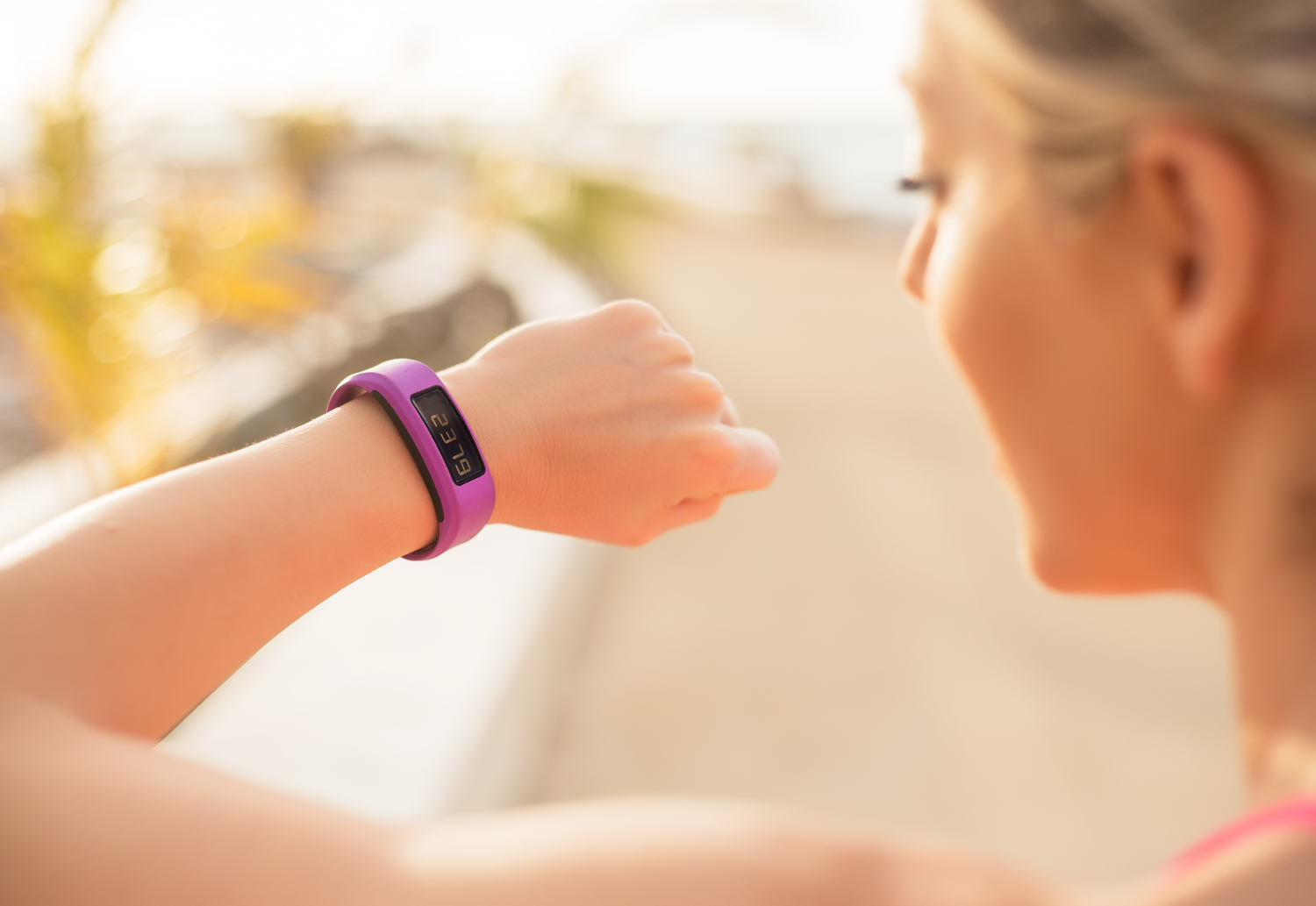
Fitness Trackers – Are They Worth It?
The launch of the Fitbit a decade ago took the fitness world by storm. Soon every fitness-conscious individual was found rushing to the stores to get his own tracker. This also explains why the top brand wearable technology fitness trackers are so popular even today. You will find many types of fitness trackers in the market ranging from $50-$250. You must buy one that will suit your needs, style, and budget.
You will find most people sporting fitness trackers on their wrists or clipped onto their belts. Those using these devices are also rather proud of their fitness trackers, proudly announcing how many steps they have walked in the day or how many pounds they have lost in a month.
How do fitness trackers work?
Fitness trackers will perform multiple functions, like counting your steps, measuring other movements like standing, sitting or lying down, checking your vital signs, tracking your calories, monitoring your sleep patterns. They can also sync with multiple devices that you may be using. They can even send you messages to alert you about text messages, incoming calls, and social media posts. They can even send you messages on their own, like a “move alert” if they find you sitting idle for a long time. You can choose between the basic all-day tracker devices which will measure your daily activities and the fancier training trackers that have some added features and meant for serious athletes.
How can fitness trackers benefit you?
- The biggest advantage you can get is that of motivation because these devices will urge you to stay active. For most people, exercises become rewarding only when they can view statistics showing them their performance.
- Fitness trackers will send you notifications to cheer you up and give an ego boost. You can also share these updates with your friends to keep them updated about your active life.
Are fitness trackers worth the hype?
Studies have shown that there are mixed results about the efficacy and value of fitness trackers. According to a 2015 study published in the AJPM, when fitness trackers and pedometers were provided to a group of overweight women, women using trackers were found to show better results. But the next year, in a meta-study published in the JAMA, it was discovered that people wearing fitness trackers actually lost far less weight than people who tracked their own diets and activities independently.
The problem with fitness trackers like Garmin, Fitbit, or Apple Watches was that they were not addictive enough. It was found that nearly one-third of consumers buying them stopped using these within 6 months, and eventually, almost 50% abandoned these altogether. However, today’s devices are making changes; they are tailoring their feedback to consumers’ individual behavior. Instead of asking you to take a set number of steps, they will nudge you to move more when they sense there is not enough movement. So, wearable tech manufacturers are borrowing from behavioral economics and psychology to motivate modern consumers. Companies are adding new features by leveraging data that they had accumulated over the years towards offering personalized information that you can actually use.


